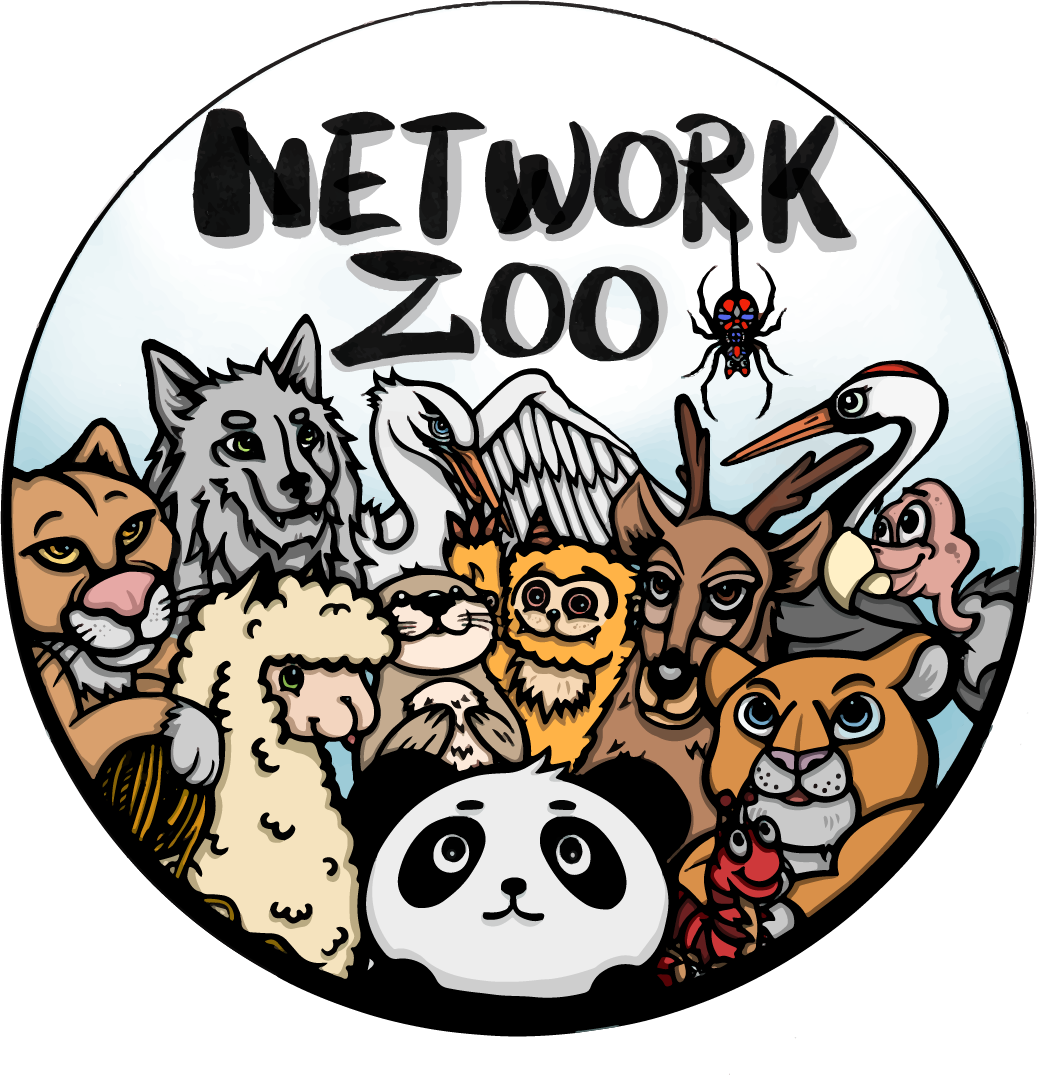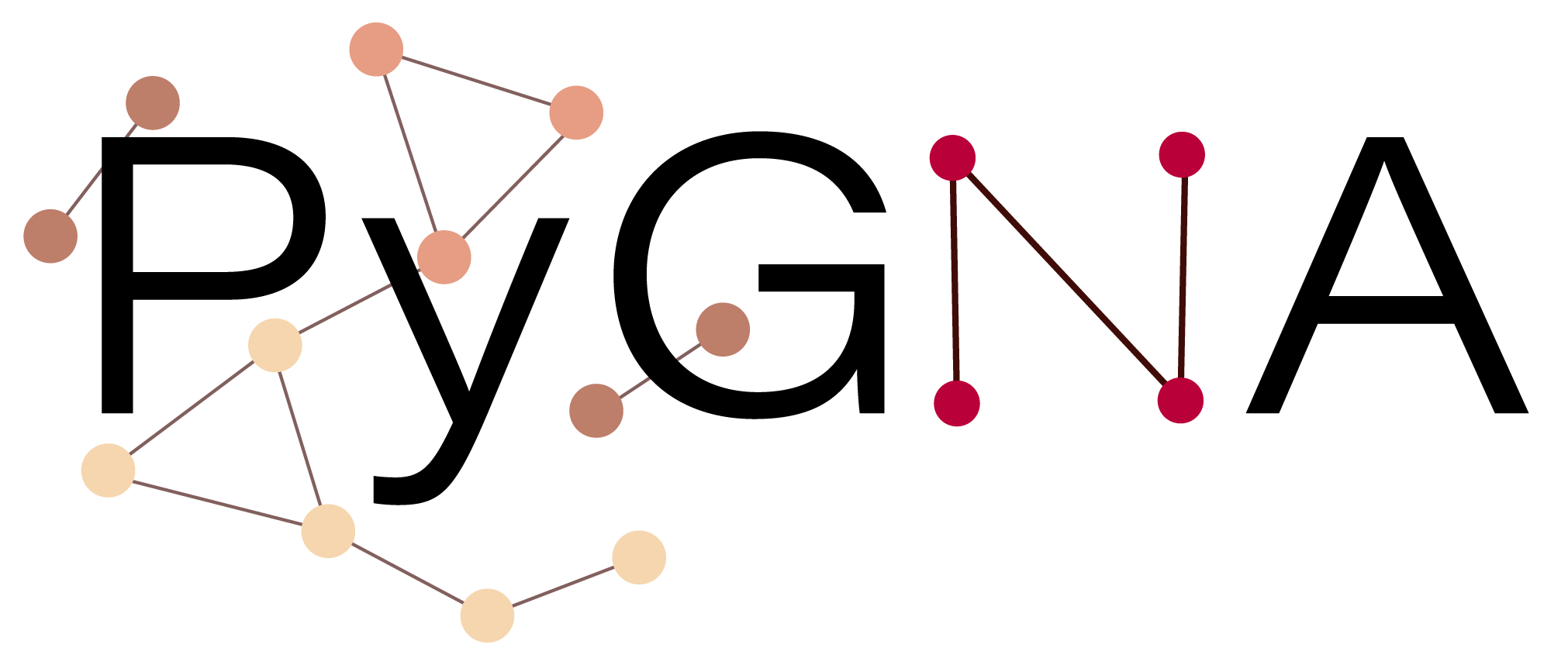Research
Publications
- Saha, E. & Fanfani, V. et al. ‘Bayesian inference of sample-specific coexpression networks’. Genome Research, 2024. https://doi.org/10.1101/gr.279117.124
- Hossein, I. et al. ‘Biologically informed NeuralODEs for genome-wide regulatory dynamics’. Genome Biology, 2024. https://doi.org/10.1186/s13059-024-03264-0
- Ben Guebila, M. et al. ‘The Network Zoo: a multilingual package for the inference and analysis of gene regulatory networks’. Genome Biology 2023. https://doi.org/10.1186/s13059-023-02877-1
- Zhao et al. ‘Debugging and consolidating multiple synthetic chromosomes reveals combinatorial genetic interactions’. Cell, 2023
- Fanfani et al. ‘Discovering cancer driver genes and pathways using stochastic block model graph neural networks’. Biorxiv 2021
- Fanfani, Viola, et al. ‘The landscape of the heritable cancer genome‘. Cancer Research, 2021. doi: 10.1158/0008-5472.CAN-20-3348
- Fanfani, Viola, et al. ‘PyGNA: a unified framework for geneset network analysis.‘ BMC Bioinformatics, 2020. doi: https://doi.org/10.1186/s12859-020-03801-1
- Fanfani, Viola, et al. ‘Dissecting the heritable risk of breast cancer: from statistical methods to susceptibility genes.‘ Seminars in Cancer Biology. Academic Press, 2020. doi: https://doi.org/10.1016/j.semcancer.2020.06.001
- Draberova, Helena, et al. ‘Systematic analysis of the IL‐17 receptor signalosome reveals a robust regulatory feedback loop.’ The EMBO Journal (2020): e104202. doi: https://doi.org/10.15252/embj.2019104202
- Fanfani, V. Citi, L., Harris, AL, Pezzella, F. and Stracquadanio, G. ‘Gene-level heritability analysis explains the polygenic architecture of cancer’. bioRxiv, 2019, doi: 10.1101/599753
Conferences
- 2024, RECOMB, Cambridge, US. Presentation: “BONOBO: Bayesian Optimized sample-specific Networks Obtained By Omics data”.
- 2022, Reproducibility, Replicability and Trust in Science(virtual), Wellcome Genome Campus, UK. “Research practices, reproducibility, and overhead in biostatistics and bioinformatics”
- 2021, “Network Biology” virtual meeting, CSHL, US. Poster Presentation: “Interpretable graph neural networks unveil system‑level reprogramming in cancer”.
- 2020, “The Biology of Genomes”, virtual meeting, CSHL, US. Poster Presentation: “Decoding cancer risk in the broader population with gene-level heritability”.
- 2019, Genes and Cancer Meeting, Cambridge, UK. Selected flash talk: “Dissecting cancer heritability in European populations”.
- 2018, From functional genomics to system biology, EMBL, Heidelberg, DL. Poster presentation: “Geneset Network Analysis: understanding high-throughput genomic data using the interactome”.
- 2018, BACR Students Conference. Poster presentation: “A new geneset analysis approach to identify and characterise cancer pathways”
Recent Talks
- 2019 – SynthSys, University of Edinburgh , “Cancer heritability, decoding the contribution of high frequency variants to cancer risk”.
Projects
On GitHub you can see all the projects I am working on. Most of them are hosted on the Quackenbush Lab and Stracquadanio Lab.
The Network Zoo, Python version (netZooPy).
The Bayesian Gene Heritability Analysis software (BAGHERA) estimates the contribution to the heritability of a trait/disease of all the SNPs in the genome (genome-wide heritability) and those nearby protein-coding genes (gene-level heritability).
Documentation can be found here.
PyGNA is a unified framework for network analysis of high-throughput experiment results. It can be used both as a standalone command line application or it can be included as a package in your own python code.
Pygna has now been published in BMC Bioinformatics! https://doi.org/10.1186/s12859-020-03801-1
Documentation can be found here.



